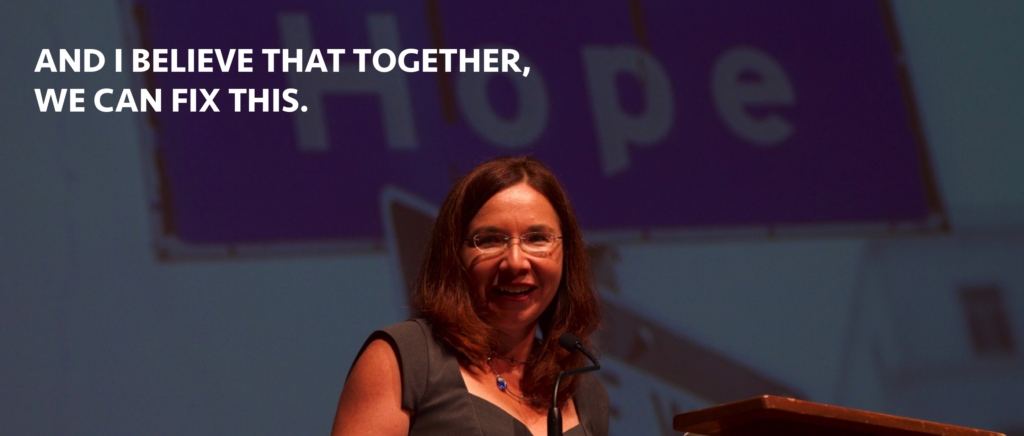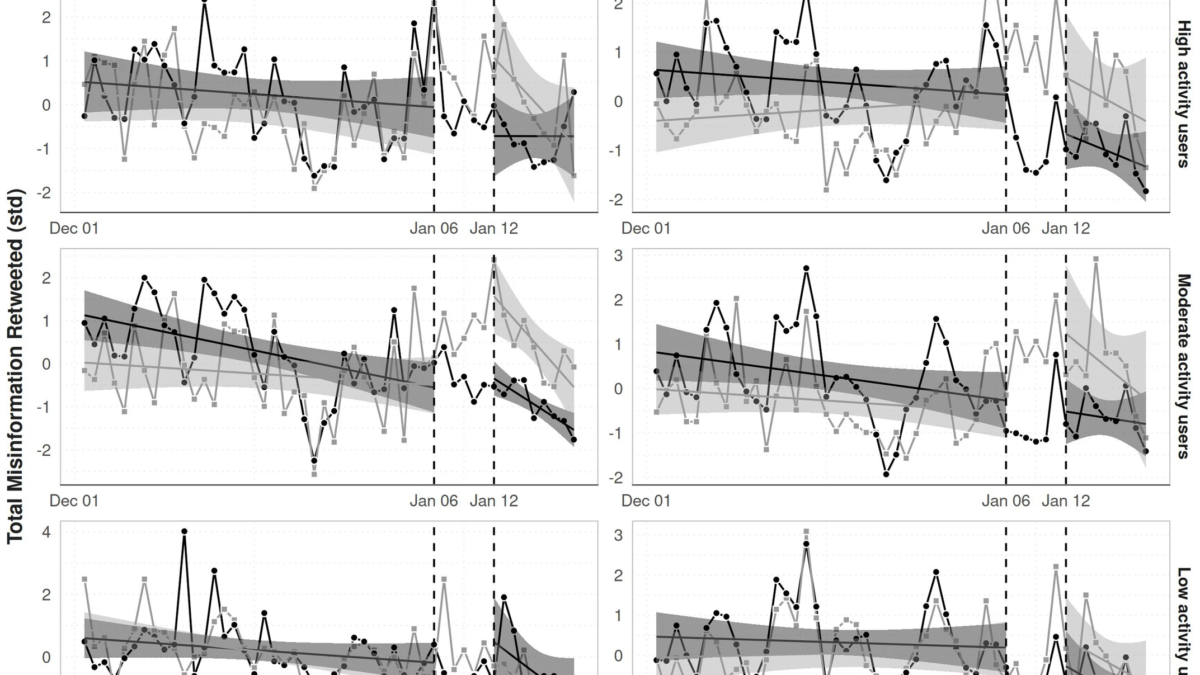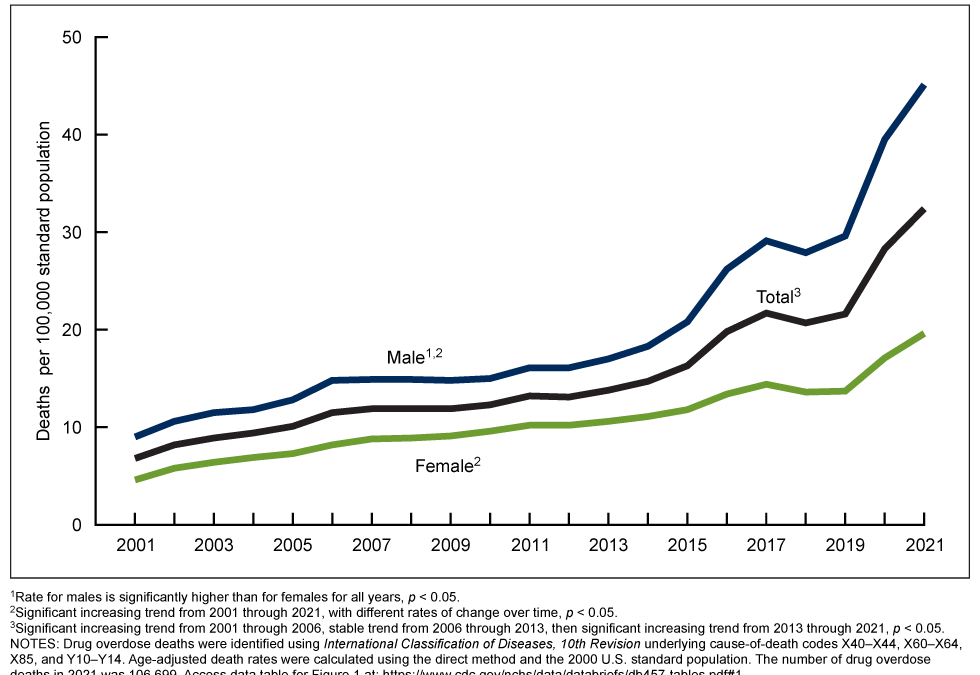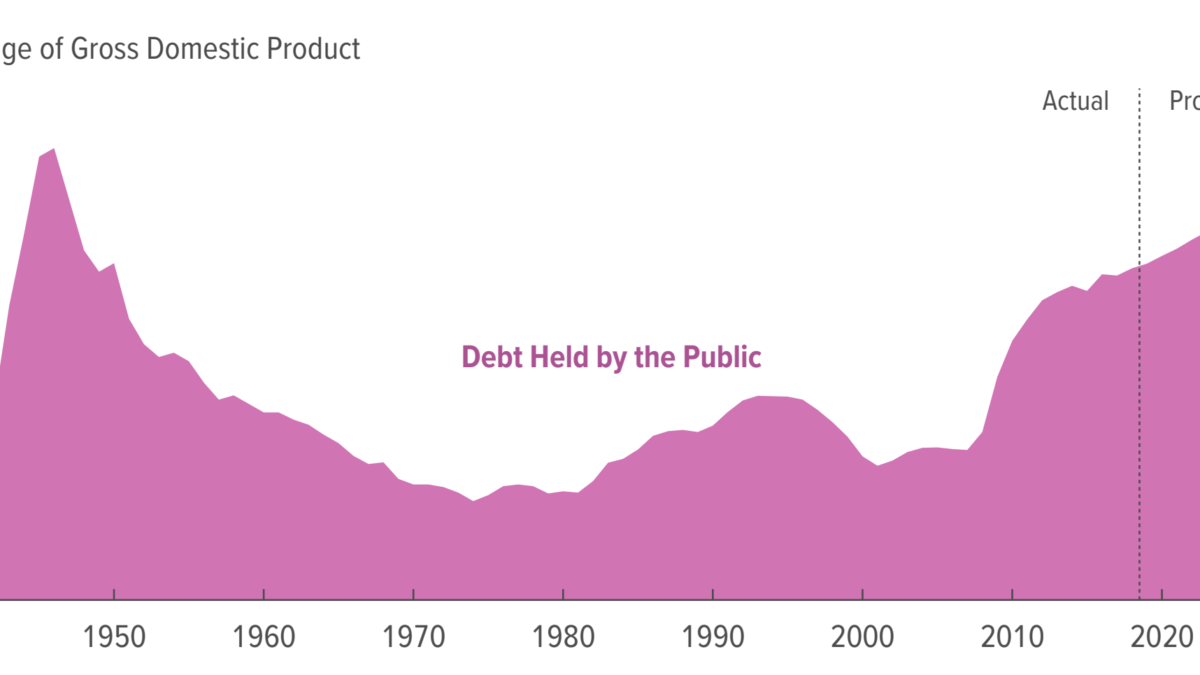Dr. Katharine Hayhoe: I’m a climate scientist who believes in God. Hear me out. – Global warming will strike hardest against the very people we’re told to love: the poor and vulnerable

By Katharine Hayhoe
31 October 2019
(The New York Times) – I’m a climate scientist. I’m also an evangelical Christian.
And I’m Canadian, which is why it took me so long to realize the first two things were supposed to be entirely incompatible.
I grew up in a Christian family with a science-teacher dad who taught us that science is the study of God’s creation. If we truly believe that God created this amazing universe, bringing matter and energy to life out of a formless empty void of nothing, then how could studying his creation ever be in conflict with his written word?
I chose what to study precisely because of my faith, because climate change disproportionately affects the poor and vulnerable, those already most at risk today. To me, caring about and acting on climate was a way to live out my calling to love others as we’ve been loved ourselves by God.
I refuse to give it up, because I am a theological evangelical, one of those who can be simply defined as someone who takes the Bible seriously. This stands in stark contrast to today’s political evangelicals, whose statement of faith is written first by their politics and only a distant second by the Bible and who, if the two conflict, will prioritize their political ideology over theology.
I realized, distantly, that there were people on both “sides” who fundamentally believed and were even dedicated to promoting the idea that faith and science were in conflict. But it wasn’t until after I’d moved to the United States for graduate school that it dawned on me, to my disbelief, that divisions within the science-faith arena, originally focused on questions of human origins and the age of the universe, were expanding to include climate change.
Now, this discrepancy is pointed out to me nearly every day: often by people with Bible verses in their social media profiles who accuse me of spreading Satan’s lies, or sometimes by others who share my concerns about climate change but wonder why I bother talking to “those people.” The attacks I receive come via email, Twitter, Facebook comments, phone calls and even handwritten letters.
I track them all, and I’ve noticed two common denominators in how most of the authors choose to identify themselves: first, as political conservatives, no matter what country they’re from; and second, in the United States, as conservative Christians, because the label “evangelical” has itself been co-opted as shorthand for a particular political ideology these days.
But I refuse to give it up, because I am a theological evangelical, one of those who can be simply defined as someone who takes the Bible seriously. This stands in stark contrast to today’s political evangelicals, whose statement of faith is written first by their politics and only a distant second by the Bible and who, if the two conflict, will prioritize their political ideology over theology. […]
But if caring about climate change is such a profoundly Christian value, then why do surveys in the United States consistently show white evangelicals and white Catholics at the bottom of those Americans concerned about the changing climate?
It turns out, it’s not where we go to church (or don’t) that determines our opinion on climate. It’s not even our religious affiliation. Hispanic Catholics are significantly more likely than other Catholics to say the earth is getting warmer, according to a 2015 survey, and they have the same pope. It’s because of the alliance between conservative theology and conservative politics that has been deliberately engineered and fostered over decades of increasingly divisive politics on issues of race, abortion and now climate change, to the point where the best predictor of whether we agree with the science is simply where we fall on the political spectrum. [more]




What are we to make of creation in which routine activity is for organisms to be tearing others apart with teeth of all types – biting, grinding flesh, plant stalks, bones between molars, pushing the pulp greedily down the gullet with delight, incorporating its essence into one’s own organization, and then excreting with foul stench and gasses residue. Everyone reaching out to incorporate others who are edible to him. The mosquitoes bloating themselves on blood, the maggots, the killer-bees attacking with a fury and a demonism, sharks continuing to tear and swallow while their own innards are being torn out – not to mention the daily dismemberment and slaughter in “natural” accidents of all types: an earthquake buries alive 70 thousand bodies in Peru, a tidal wave washes over a quarter of a million in the Indian Ocean. Creation is a nightmare spectacular taking place on a planet that has been soaked for hundreds of millions of years in the blood of all creatures. The soberest conclusion that we could make about what has actually been taking place on the planet about three billion years is that it is being turned into a vast pit of fertilizer. But the sun distracts our attention, always baking the blood dry, making things grow over it, and with its warmth giving the hope that comes with the organism’s comfort and expansiveness. Ernest Becker